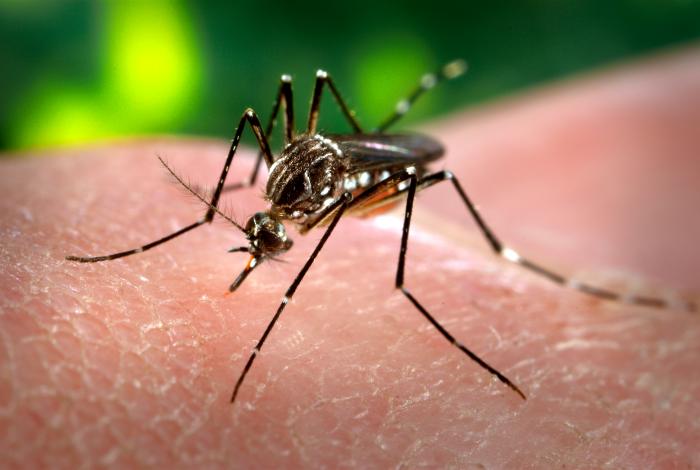
Bacterium blocks dengue and Zika virus transmission
Scientists at the University of Glasgow have found a bacterial strain which blocks dengue and Zika virus transmission from mosquitoes.
In Plos Pathogens the team of Steven Sinkins from University of Glasgow’s MRC Centre for Virus Research reports that Wolbachia bacteria strongly blocked transmission of dengue and Zika virus among infected Aedes aegypti mosquitoes. Alternative approaches using genetically modified mosquitos to minimise the spread of pathogens suffer from limited acceptance.
Several Wolbachia strains have already been tested in the field, but there is evidence to suggest that some strains may not block transmission very effectively or may not be inherited efficiently at high ambient temperatures. In the new study, the research team performed laboratory experiments to test the potential promise of alternative Wolbachia strains.
The researchers introduced four Wolbachia strains into Aedes aegypti mosquitoes, which do not naturally carry these arthropod-infecting bacteria. Two of the strains, wMel and wAlbB had already been evaluated in prior studies, and the scientists wanted to compare their effects with those of two novel strains, wAu and wAlbA.
The analysis revealed particularly promising results for strain wAu. After feeding on blood infected with dengue or Zika virus, mosquitoes infected with wAu had lower levels of viral RNA in their body tissue than did mosquitoes infected with the other strains. wAu also showed very high rates of inheritance, including under high-temperature conditions. "The Wolbachia transmission blocking strategy is now starting to be deployed on a large scale in a number of tropical countries," said Sinkins. "Our results with the wAu strain showed by far the effective transmission blocking for all the viruses we tested".
Tthe researchers said, they want to explore strategies to maximize the effectiveness of wAu in the field, such as combining it with a second strain to help it spread throughout local mosquito populations.



 adobe.stock.com - ipopba
adobe.stock.com - ipopba BioDlink
BioDlink